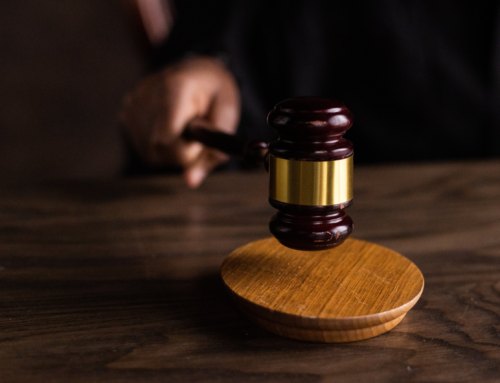In the age of e-Discovery, where a deponent can disclaim knowledge on: what was in place (computer systems in use), who was in charge (custodians’ preservation efforts) or how it was managed (unlawful altering or destroying) Rule 30 (b) (6) is an invaluable weapon in the discovery process when challenging a corporation, partnership, association, governmental agency, or other entity.
When taking Rule 30 (b) (6) depositions, you only need to name the entity, provide the deponent with some advanced notice and describe with a reasonable degree of specificity the subject matter of the deposition.
…courts have recognized that the failure of an organization to provide a fully prepared witness is equivalent to a failure to appear at the deposition.
The burden then shifts to the deponent to appoint a representative to investigate, search for relevant documents, and report those efforts through binding deposition. The requirements of the entity to investigate itself are far reaching and can include consulting past and present employees, reviewing previous deposition transcripts, or testifying about the subjective opinions or beliefs about the entity.
The Rule was drafted to prevent entities from conducting a half-hearted inquiry before the deposition. In the event the representative is not adequately prepared and gives a ‘we-don’t-know’ response, that response can be binding and the entity and be precluded from providing contrary evidence of those points at trial. Additionally, courts have recognized that the failure of an organization to provide a fully prepared witness is equivalent to a failure to appear at the deposition. Rule 30 (b) (6) creates an affirmative duty on the deponents and, if used appropriately, can be a very effective tool in the discovery process when dealing with a range of entities.





